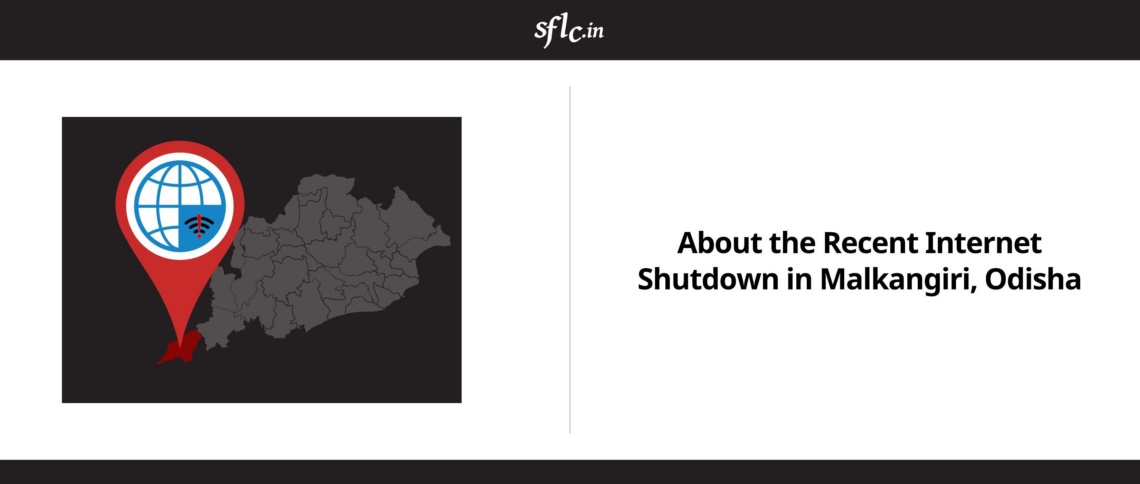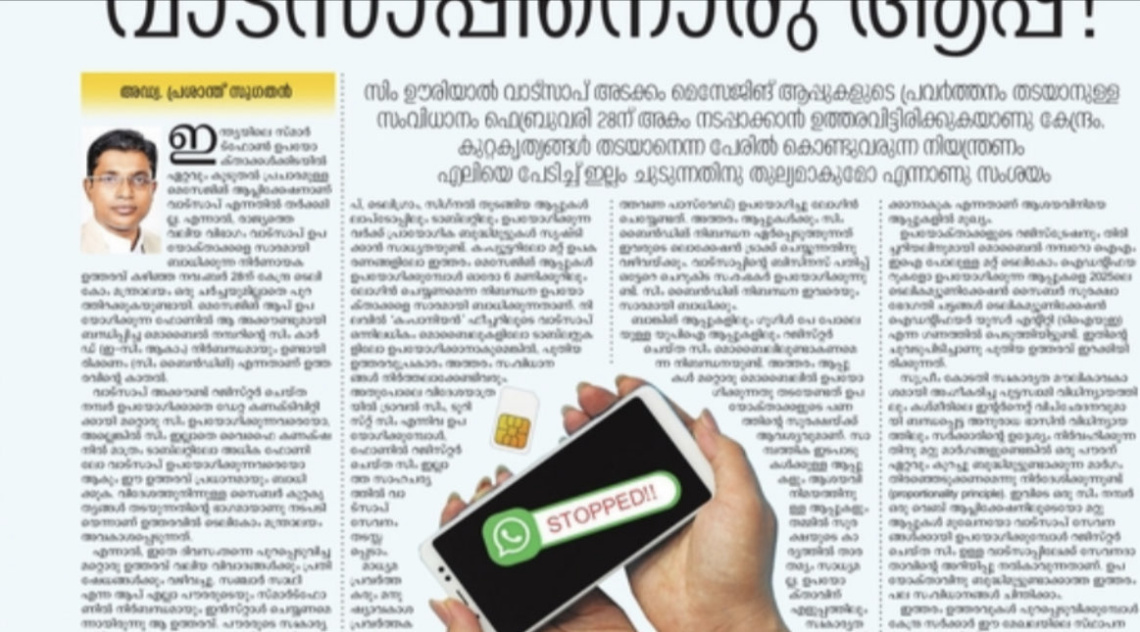On day 31 of the final Aadhaar hearing, Senior Advocate, Rakesh Dwivedi resumed his submission on Aadhaar by quoting Nobel laureate Amartya Sen, “Development requires the removal of major sources of un-freedom: poverty as well as tyranny, poor economic opportunities as well as systematic social deprivation, neglect of public facilities as well as intolerance or over activity of repressive states. Despite unprecedented increases in overall opulence, the contemporary world denies elementary freedoms to vast numbers — perhaps even the majority — of people. Sometimes the lack of substantive freedoms relates directly to economic poverty, which robs people of the freedom to satisfy hunger, or to achieve sufficient nutrition, or to obtain remedies for treatable illnesses, or the opportunity to be adequately clothed or sheltered, or to enjoy clean water or sanitary facilities.”
Chief Justice of India, Dipak Misra remarked, “Liberating people from un-freedom (poverty) is at one end of the spectrum and right to privacy is on the other.” J. Chandrachud also remarked that the only caveat to Aadhaar is that there should be no exclusion.
Mr. Dwivedi reiterated that the purpose of Aadhaar is to bring the provider of benefits face to face with the beneficiary, to which J. Chandrachud replied that the individual should not be a supplicant and the State should go to her in order to provide benefits. Next, Mr. Dwivedi read out the statement of objects and reasons of the Protection of Human Rights Act, 1993 and also pointed out that India has been a signatory to several international covenants on human rights.
As regards the Aadhaar Act, Mr. Dwivedi stated that various judgments of the Supreme Court on economic and social welfare of the citizens were kept in mind while framing the Act. He then quoted the Subramanian Swamy judgment on the balancing of fundamental rights wherein right to freedom of speech and expression was balanced against right to reputation. He also cited the judgments of X v. Hospital Z, G. Sundarajan v. Union of India, Asha Ranjan v. State of Bihar, Noise Pollution in Re v. Union of India, and Indu Devi v. State of Bihar. Mr. Dwivedi argued that Section 7 of the Aadhaar Act covers human rights of a lot of people of our country and the Supreme Court should act as a sentinel to ensure that right to privacy is balanced with other rights under Article 21 that Aadhaar covers. In this regard, he also contended that privacy is a small price to pay for ensuring life itself.
Next, Mr. Dwivedi submitted that the Aadhaar Act draws distinction between demographic information, optional demographic information such as mobile number, core biometric information i.e fingerprints and iris scans and biometric information such as photograph. The idea of reasonable expectation of privacy varies from one set of data to another. For e.g, there will be a higher expectation of privacy with respect to core biometric data than demographic data as demographic data is publicly available.
Concluding his arguments for the day, Mr. Dwivedi restated that the State is only concerned about the real and genuine apprehensions of the public with respect to Aadhaar.
Mr. Dwivedi will continue his arguments on April 24, 2018


